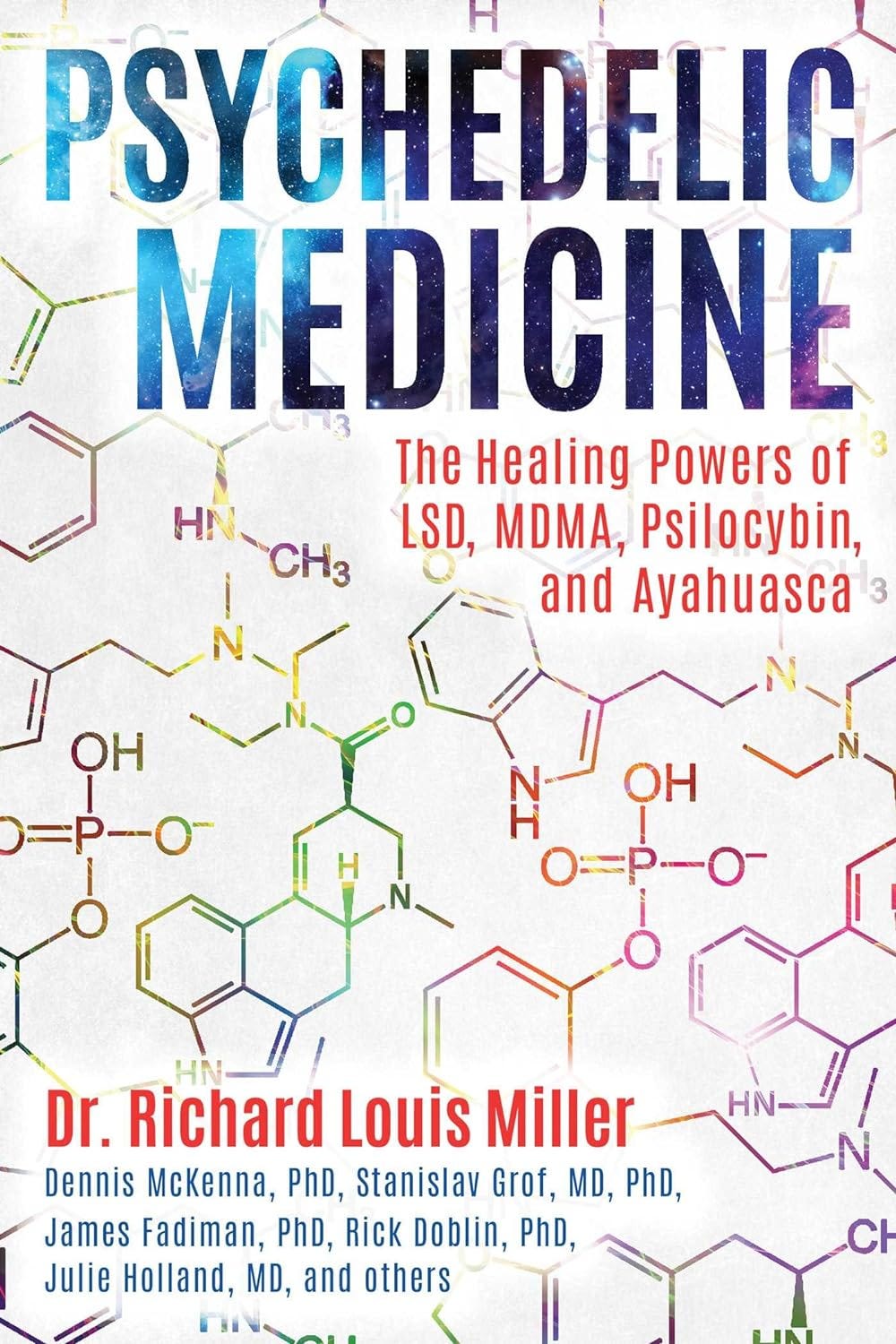What to do when you're depressed
Getting unstuck from the cycle of depression or demotivation
Dear Friends,
Today I want to expand on a pressing issue affecting our nation, which I covered in my latest episode.
As a clinical psychologist with over six decades of experience, I've witnessed firsthand the devastating impact of depression on individuals and communities. Shockingly, 40 percent of our country is currently grappling with depression, while 30 percent struggle with anxiety.
However, amid this mental health crisis, there is hope. We have a cure for most cases of depression, and it's readily available to everyone: exercise.
The challenge lies in the fact that when you're in the throes of depression, mustering the motivation to engage in physical activity can feel insurmountable.
You have a choice to make.
You can either remain stuck in the cycle of depression, turn to pharmaceutical interventions with uncertain outcomes, or embrace the power of exercise. If you find yourself too exhausted or overwhelmed to take that first step, begin by dedicating just five minutes a day to exercise, starting today or at the very latest, tomorrow. Each week, incrementally increase your activity by one minute. By following this simple plan, you'll be exercising for an hour a day by the end of the year.
Remember, good health is worth fighting for.
Take that first step towards reclaiming your mental well-being, and know that you have the strength within you to overcome the darkness of depression.
Until next time, stay committed to your journey of health and healing.
Golden light,
Dr. Richard Louis Miller
News & Notes
Spending 67 minutes outdoors refreshes mental health
67 minutes: That’s the number researchers came up with as the daily dose of Nature Rx people need to feel refreshed. While the study was based on survey data, which can be unreliable, who can argue with the result? I prescribe my patients vigorous outdoor exercise like hiking, swimming, or running as the front-line treatment against anxiety and depression.
In my latest monologue episode, I share a personal story about how I recovered from a devastating motorcycle accident through an incremental approach to exercise.
Takeaways
Exercise can be as effective as medication for treating major depression, according to a Duke University study.
Persistence and consistent effort are key to overcoming even the most daunting challenges.
Setting small, achievable goals and working towards them every day can lead to significant progress over time.
Exercise is not only beneficial for physical health but also for mental and emotional well-being.
Sharing our experiences and supporting one another can help us stay motivated and inspired on our journeys.
This week, I’m inviting my listeners to share a small exercise goal you are going to set for yourself. Send them via YouTube, or by commenting on this post.
A Page from My Book
The following is an excerpt from my best-selling book, Psychedelic Medicine – from the chapter on the ineffectiveness of traditional psychiatric medications, featuring award-winning journalist Robert Whitaker:
2012: The Exercise Study
Dr. Richard L. Miller: Correct me if I'm off here, but I thought the Duke University study comparing an SSRI with exercise indicated that the SSRI actually made people worse.
Robert Whitaker (RW): The Duke study is quite clear. There were three groups: 1) drug, 2) drug plus exercise, and 3) exercise alone. The hypothesis is that the drug plus exercise will do the best at the end of 10 months. At the end of about 16 weeks, the drug-treated patients we're doing a little bit better than the exercise-alone group. But then between 16 weeks and roughly 44 weeks, the exercise-alone patients continued to get better, whereas those on the drug alone or drug plus exercise had many relapses. Only 30 percent of the exercise-alone group was still depressed at the end of 10 months, whereas around 55 percent of the drug-plus-exercise group were now depressed. In that study, the drugs can be seen as acting as an anchor, weighing down or subtracting from the exercise group, rather than being an added benefit.
RLM: And Duke University replicated that study about four or five years after the original one and found the same thing.
RW: That's pretty compelling, but there are a number of studies like this. One of the underappreciated studies was called the STAR*D study – the largest antidepressant trial ever conducted, of 4,041 patients. This trial was funded by the NIMH and was supposed to guide future care. Here were the bottom-line results: Of the 4,041 patients, at the end of one year, there were only 108 patients who remitted and then never relapsed, and stayed in the trial for the year. All the others never remitted, relapsed, or dropped out of the trial. So that's a documented stay-well rate of 3 percent, which is the worst outcome I've ever seen in a longer-term antidepressant study.
RLM: This is right from the National Institutes of Health website:
“The most common side effects associated with SSRIs include headache, nausea, sleeplessness or drowsiness, agitation, sexual problems…,”
and they go on to say they're popular because they do not cause many side effects. So, I take this drug because I'm depressed and then I get sexual problems. I get anxiety. I can't sleep well. I've got a headache, but I’m reading here “not many side effects,” and I start to think, what's going on with me? Am I different from everybody else? It could make me feel much worse.
My Other Books
Freeing Sexuality: Psychologists, Consent Teachers, Polyamory Experts, and Sex Workers Speak Out
Psychedelic Wisdom: The Astonishing Rewards of Mind-Altering Substances
Psychedelic Medicine: The Healing Powers of LSD, MDMA, Psilocybin, and Ayahuasca
Integral Psychedelic Therapy (co-edited with Jason A. Butler & Genesee Herzberg)


